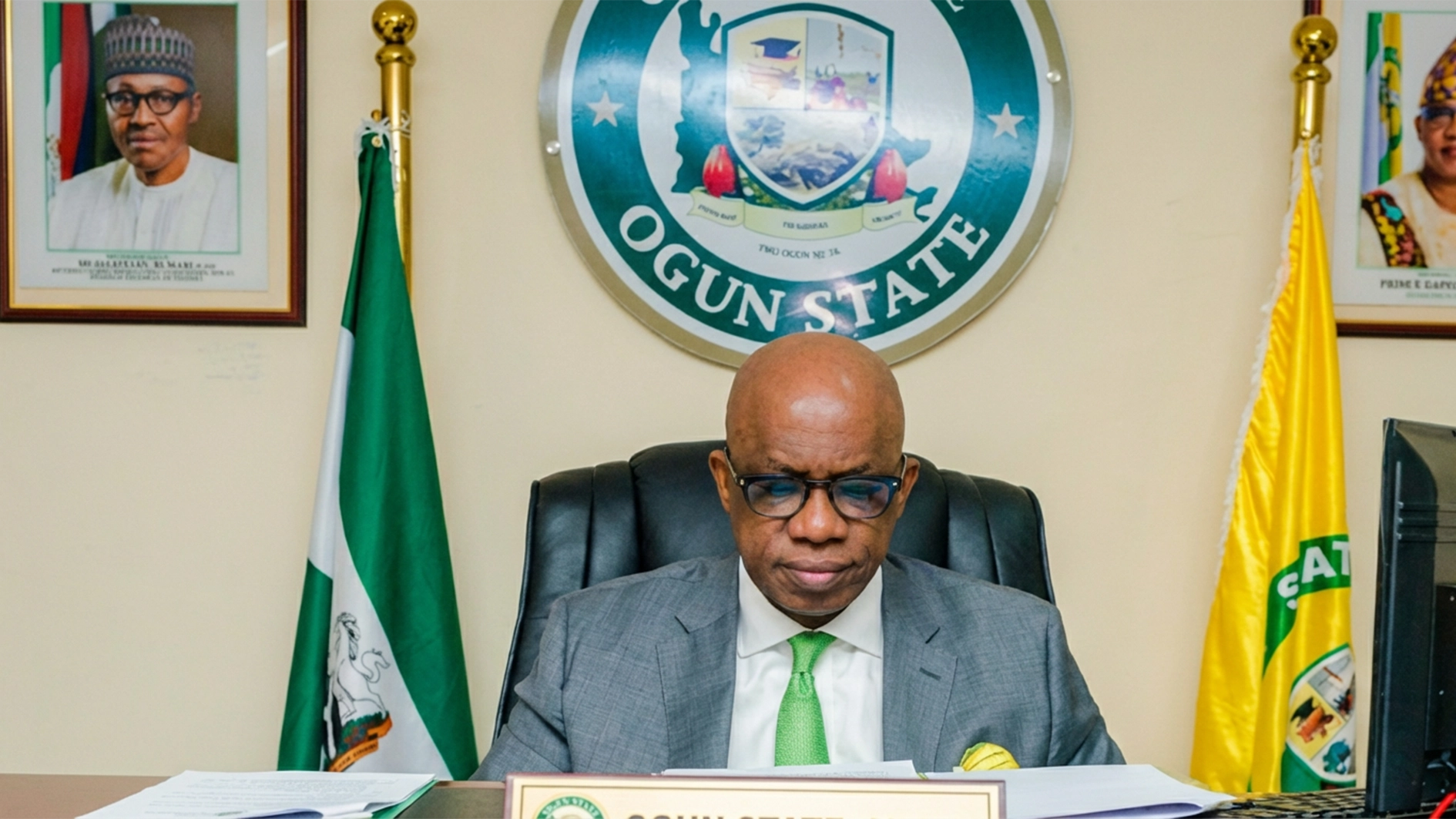The Cocoa Barometer 2025 report launched on Wednesday has revealed that despite the rising prices of cocoa, millions of smallholder farmers in Côte d’Ivoire, Ghana, and Nigeria still remain trapped in poverty.
The report conducted by consortium of civil society actors from across the globe, and hosted by the VOICE network revealed that West Africa’s producers continue to bear the heaviest burdens of climate shocks, governance gaps, and unfair value distribution.
It noted that Côte d’Ivoire and Ghana together produce more than 60 percent of the world’s cocoa while Nigeria is projected to produce 350,000 tonnes in the 2024/25 season, yet despite this dominance, most farmers have not benefited from the recent price surge.
The document observed that Forward-selling mechanisms have delayed price increases, while yields continue to decline due to aging trees, crop diseases, and erratic rainfall linked to climate change.
The Cocoa Barometer also highlighted that farmer poverty is at the root of virtually all problems in the cocoa sector, from deforestation to child labor and gender inequality.
It noted that the new human rights and environmental legislation would have ensured that farmers were paid fairly but political resistance in Europe is threatening the hard-won progress in regulation.
The document mentioned that high prices was driving expansion to new regions in West Africa and feared that the boom may lead to oversupply and falling prices, just as what happened in 2016.
It further said that cocoa-growing communities are faced with climate change, deforestation, and human rights violations as 1.5 million children still work in dangerous conditions in cocoa farming in Ghana and Côte d’Ivoire and women, who do the majority of farm work, remain excluded from decision-making and profit sharing.
“Farm workers and tenant farmers, vital to cocoa farming, are consistently overlooked in discussions about farmers and cocoa cultivation, even though they are crucial to cocoa cultivation and are the most vulnerable.” It stated .
The report however attributed the sector’s fragility to weak governance and policy gaps, as supply management has remained absent, leaving farmers vulnerable to volatile markets, and the lack of transparency in cocoa sales, including farmgate pricing, continues to limit accountability.
The 2025 Cocoa Barometer emphasized that despite these challenges, change is possible and called for stronger collaboration within the sector among farmers, governments, companies, and civil society toward systemic change.
It also called for urgent action from the entire sector, including, fair pay, forest protection, inclusion of farmers in decision making, transparency and accountability.






